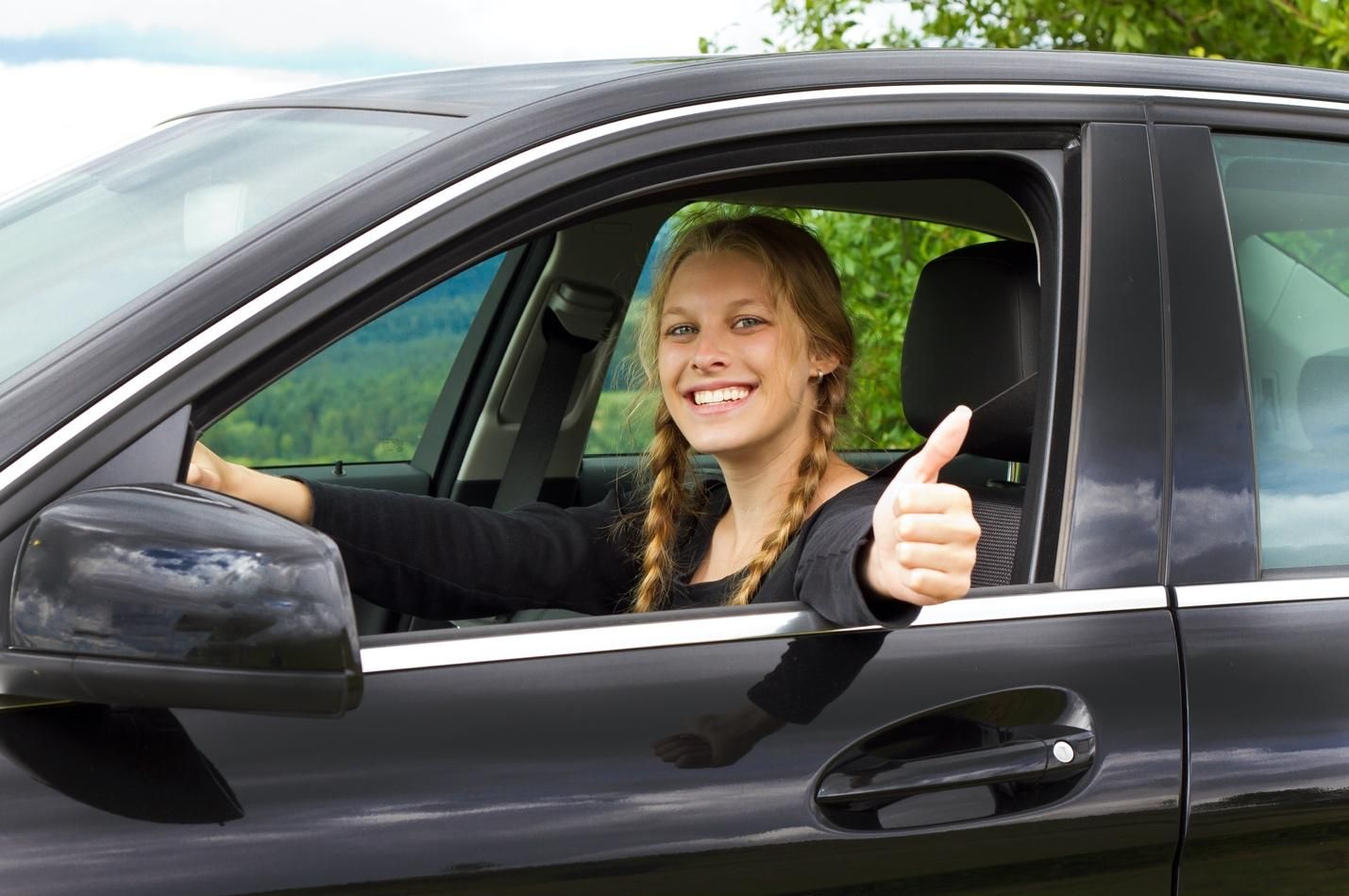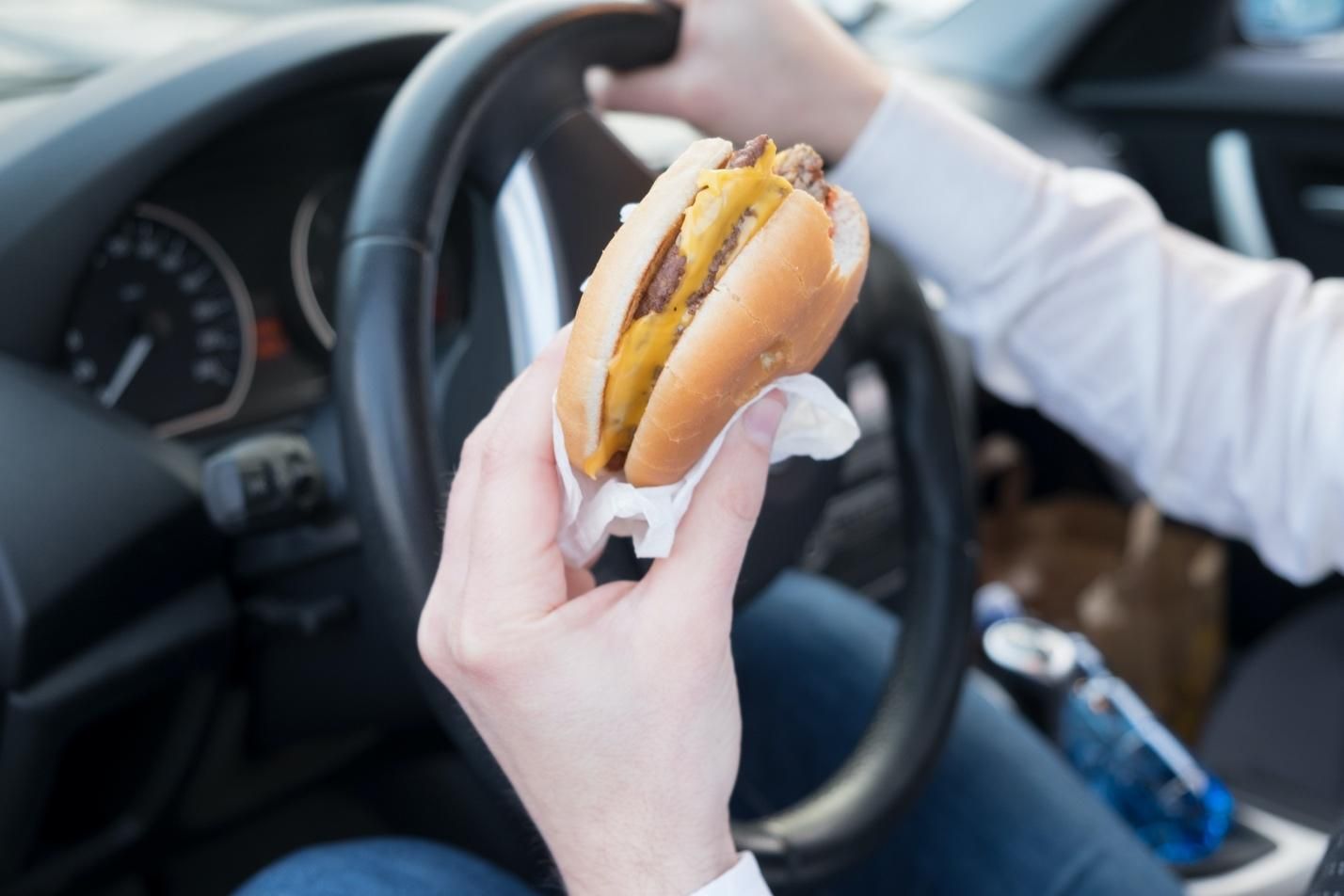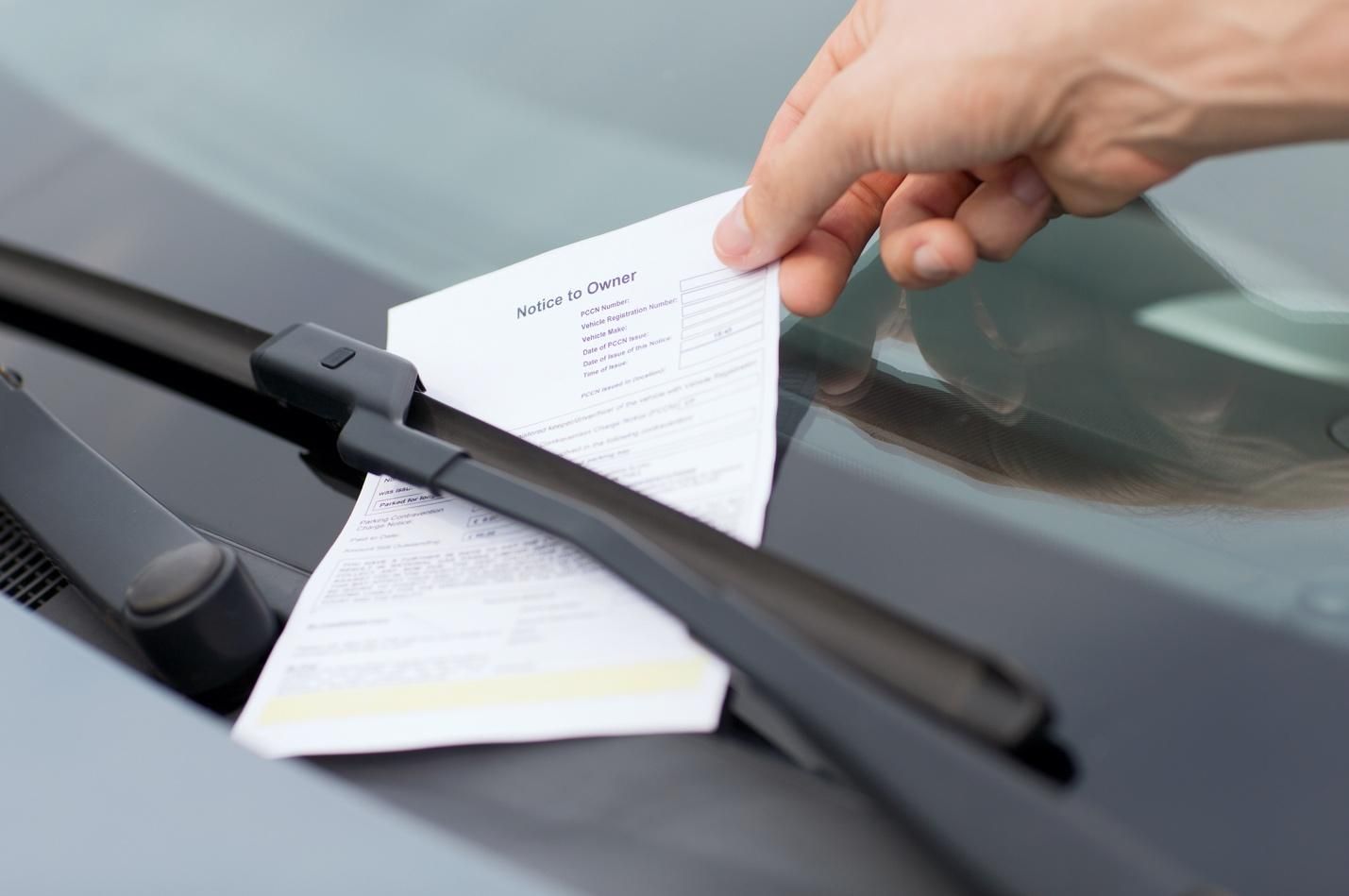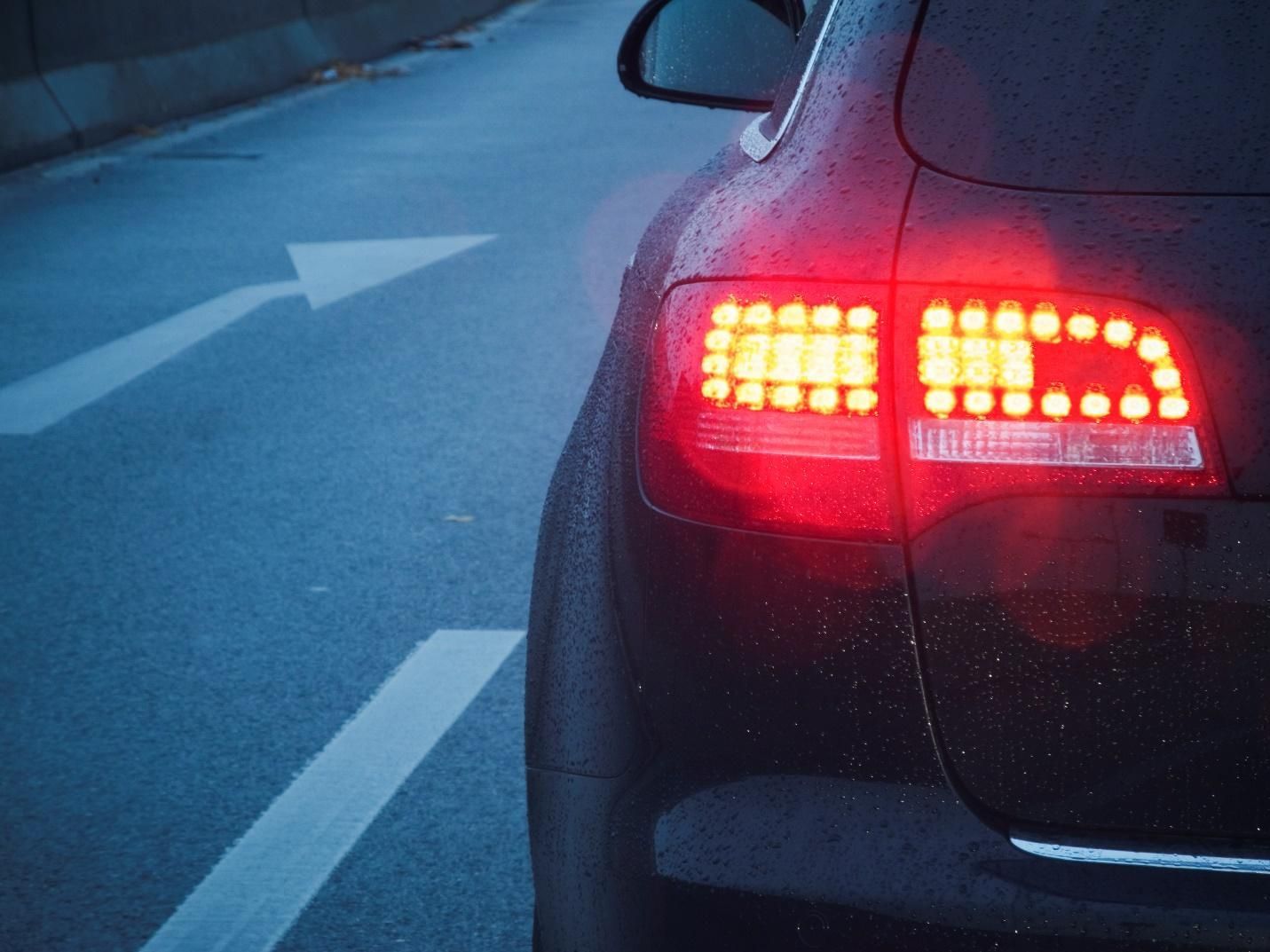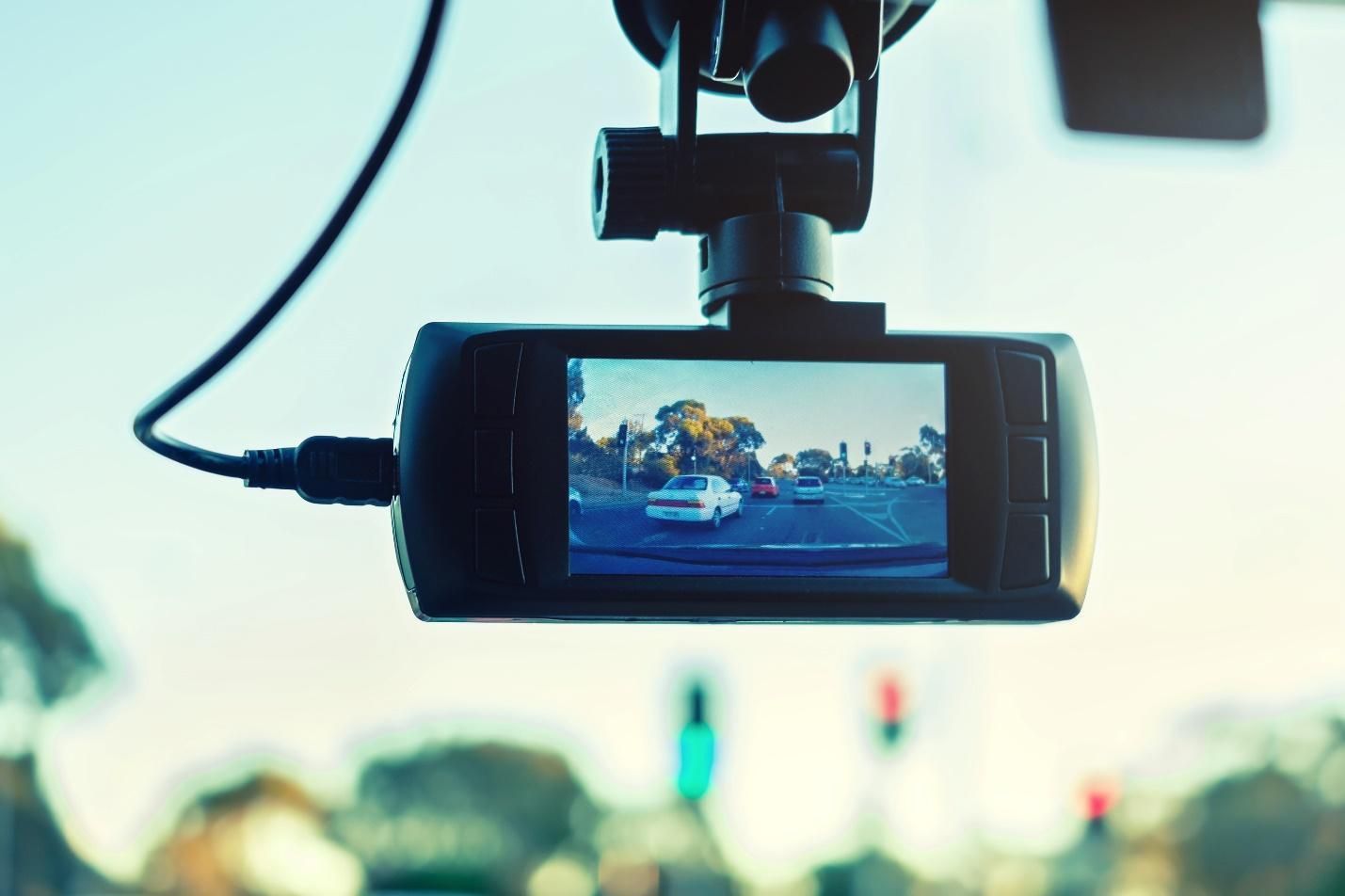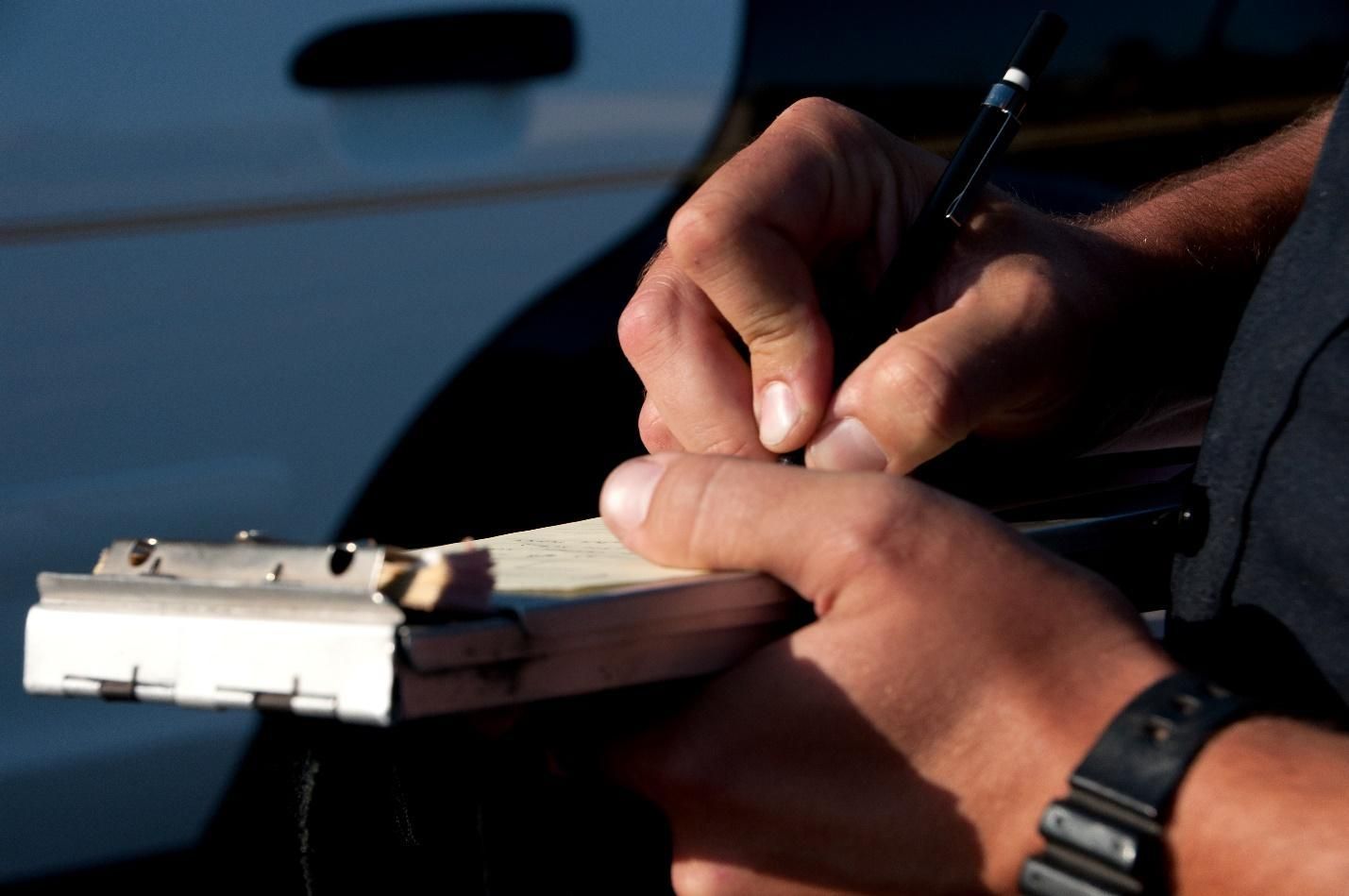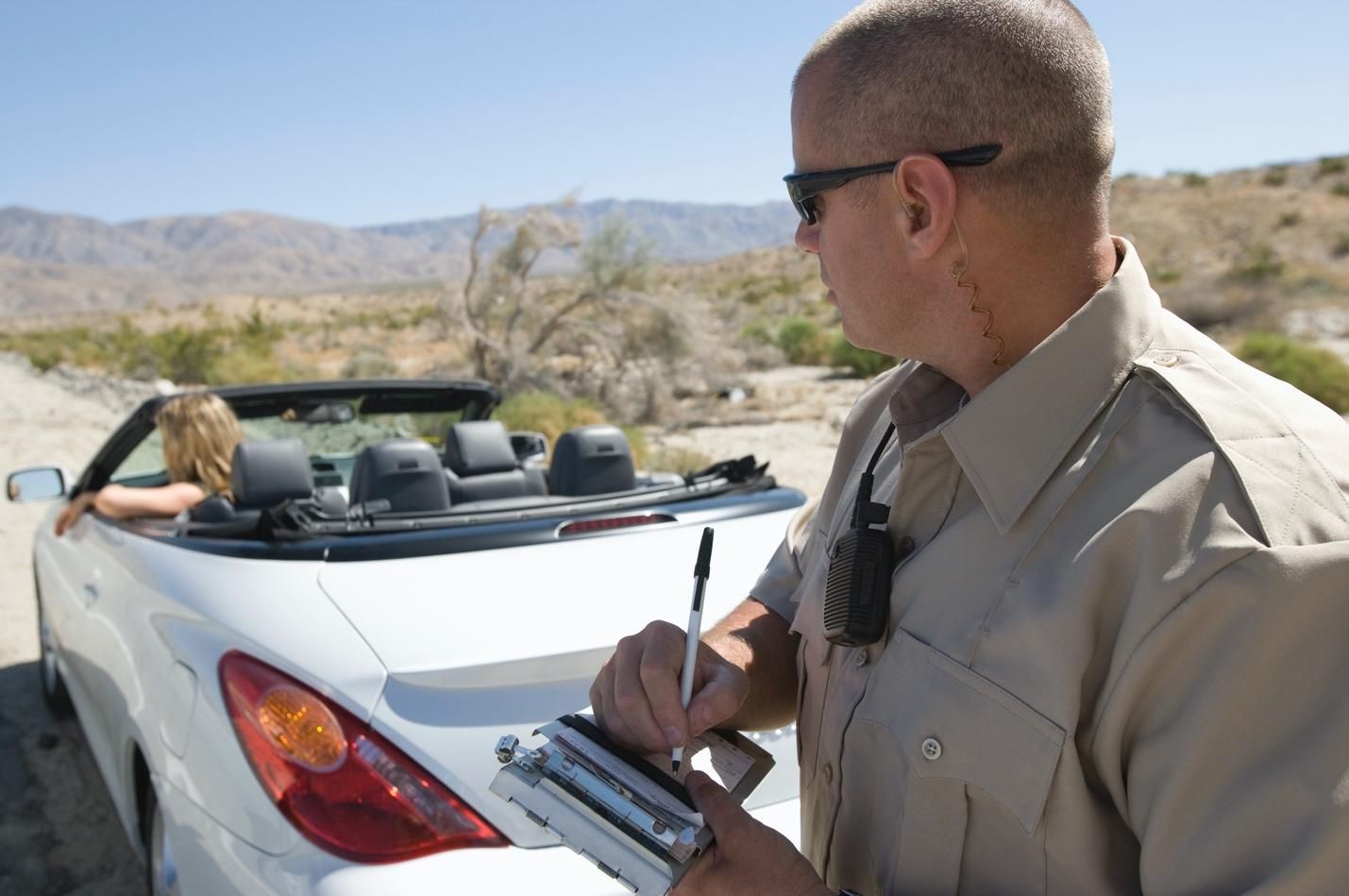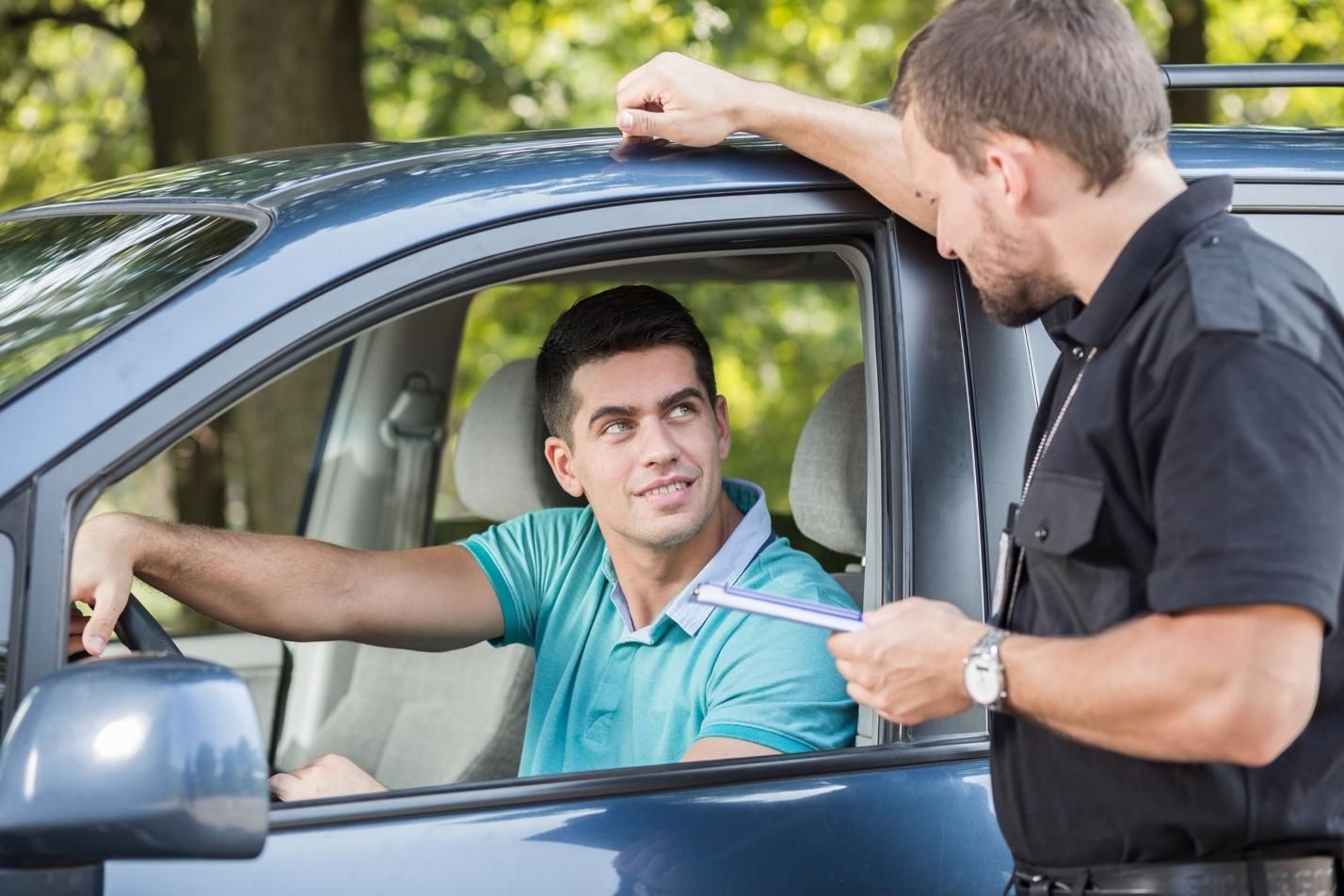The Impact Of Moving Violations On Military Security Clearance
Have a traffic ticket and need to take driver improvement?
Take a look at our DMV-approved driving course.
For security clearance holders, getting a ticket for a traffic infraction or, worse, being charged with a criminal offense can negatively impact their military security clearance status and employment opportunities. While receiving a traffic ticket for a moving violation may not result in automatic disqualification, it could potentially create obstacles for those currently serving in the military or planning to enlist. If you have recently received a ticket for a traffic violation and are worried about its potential implications on security clearance, you might want to speak with an attorney as soon as possible. The attorneys at Driving Defense Law have experience working with security clearance holders and understand the intricacies of these types of situations. Schedule a free consultation today to review your particular case and explore the potential impact of a traffic violation on your security clearance. Contact the Norfolk, VA office now by calling at (757) 929-0335.
What Is a Security Clearance?
A security clearance is a status required for employment in many military occupational specialties and federal service jobs, and may also be required for individuals in private employment if they work for a company that maintains a contract with the federal government and the employee’s role requires them to have access to classified materials. The clearance, which authorizes the holder to view national security information at the level of classification that matches the level of the security clearance, is required for both military and civilian members of the United States armed forces, including the Air Force, Army, Navy, Coast Guard, Space Force, and Marine Corps. Depending on the type of information a person requires to do their job, there are three levels of security clearances:
- Confidential
- Secret
- Top secret
What Is a Security Clearance Background Check?
Obtaining a military security clearance is not automatic. Since 2020, all background investigations for government personnel and contractors seeking security clearances have been conducted by the Department of Defense (DOD), according to the department’s website. Individuals applying for a security clearance must undergo a comprehensive screening process and background check. During the security clearance process, applicants are required to disclose information regarding their citizenship and residence, foreign travel, financial history, education, employment, and many more. Applicants are also asked about their criminal history and infractions with law enforcement, including traffic violations.
How Do Traffic Violations Affect Security Clearances?
Traffic violations, especially serious moving violations resulting in criminal charges and especially conviction, can affect an individual’s eligibility to receive or maintain a military security clearance. If a traffic violation occurred in the past, the applicant will most likely be required to disclose information about the existence of any criminal convictions, charges, and infractions with law enforcement in the forms they fill out when applying for a security clearance.
Past Traffic Infraction and DoD Screening
When reviewing the application, the Department of Defense will determine whether or not the applicant’s convictions and violations disqualify him or her from eligibility for a military security clearance. Each application is reviewed on a case-by-case basis and the outcome of the DOD’s investigation depends on many factors, including the type of the offense, how much time has passed since the offense was committed, the type of clearance sought, and many more.
In some cases, the applicant’s moving or other traffic violations will have no impact on their ability to obtain a security clearance. However, there may be cases where the violation can have a detrimental effect and prevent the applicant from being granted clearance and access to classified information. People in Virginia are more likely to experience problems when trying to obtain a security clearance after they have certain traffic violations.
Reckless Driving Security Clearance
Virginia treats reckless driving as not just a traffic infraction, but a criminal offense. Exceeding the speed limit, which happens to be one of the most common moving violations, can lead to reckless driving charges under Virginia Code § 46.2-862. However, the negative impact of traffic infractions and criminal charges resulting from moving violations could be mitigated or avoided with early intervention by an experienced attorney. The attorneys at Driving Defense Law may be able to help you understand how your situation can affect your military security clearance and evaluate your options for mitigating the impacts of a traffic violation on maintaining your clearance.
When Can a Person Be Disqualified From Obtaining a Security Clearance?
When evaluating a person’s eligibility for a security clearance – whether the individual is seeking to obtain or renew one – the government considers a variety of factors. According to the United States Department of State, the factors considered pertinent are measures of the applicant’s reliability, trustworthiness, character, judgment, honesty, discretion, stability, and unquestionable loyalty to the country. While traffic infractions and criminal charges/convictions may not automatically disqualify a person from obtaining or renewing a security clearance, they will be taken into consideration. The applicant’s past is likely to raise concerns if any of the following is true:
- There have been any allegations or admissions of the applicant’s criminal conduct, even if they were never formally charged
- The applicant is on parole or probation
- The applicant has a criminal conviction that resulted in a jail/prison sentence for at least a year
- The applicant has previously violated the terms of their probation
- The applicant has multiple DUI offenses on their record
- The applicant has multiple reckless driving offenses on their record
- The applicant has a history of unlawful use or addiction to controlled substances
- The applicant failed to complete a court-ordered rehabilitation program as part of their sentence
These are just some of the factors that could raise a security concern when applying for or trying to renew a security clearance. However, there are no hard and fast rules on how a person’s traffic violations or criminal charges/conviction can affect their chances of obtaining a military security clearance, as each application is evaluated on a case-by-case basis. If you have received a traffic ticket for a moving violation, or have been charged with a traffic-related crime in Virginia, the attorneys at Driving Defense Law may be able to help you understand how your infraction or charges may affect your security clearance. A dedicated traffic defense attorney can fight aggressively and tirelessly to help you get the charges dismissed or reduced so they do not jeopardize your employment opportunities and your future.
Get the Guidance and Peace of Mind You Deserve
Losing a security clearance or being disqualified from obtaining one can be a devastating and frustrating experience that may limit an individual’s career prospects and make it more difficult to provide for a family. However, receiving a traffic ticket or being charged with a crime may not automatically disqualify you from obtaining or maintaining a military security clearance. Everyone’s situation is unique, which is why you might want to consider speaking with an attorney. The skilled attorneys at Driving Defense Law regularly provide personalized attention and guidance to Virginia drivers charged with moving violations. They may be able to go over your case and help you understand the potential impact of your traffic violations or criminal charges on your clearance. Call (757) 929-0335 today to book your free consultation.

